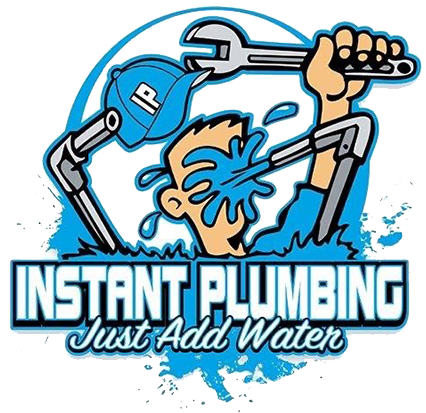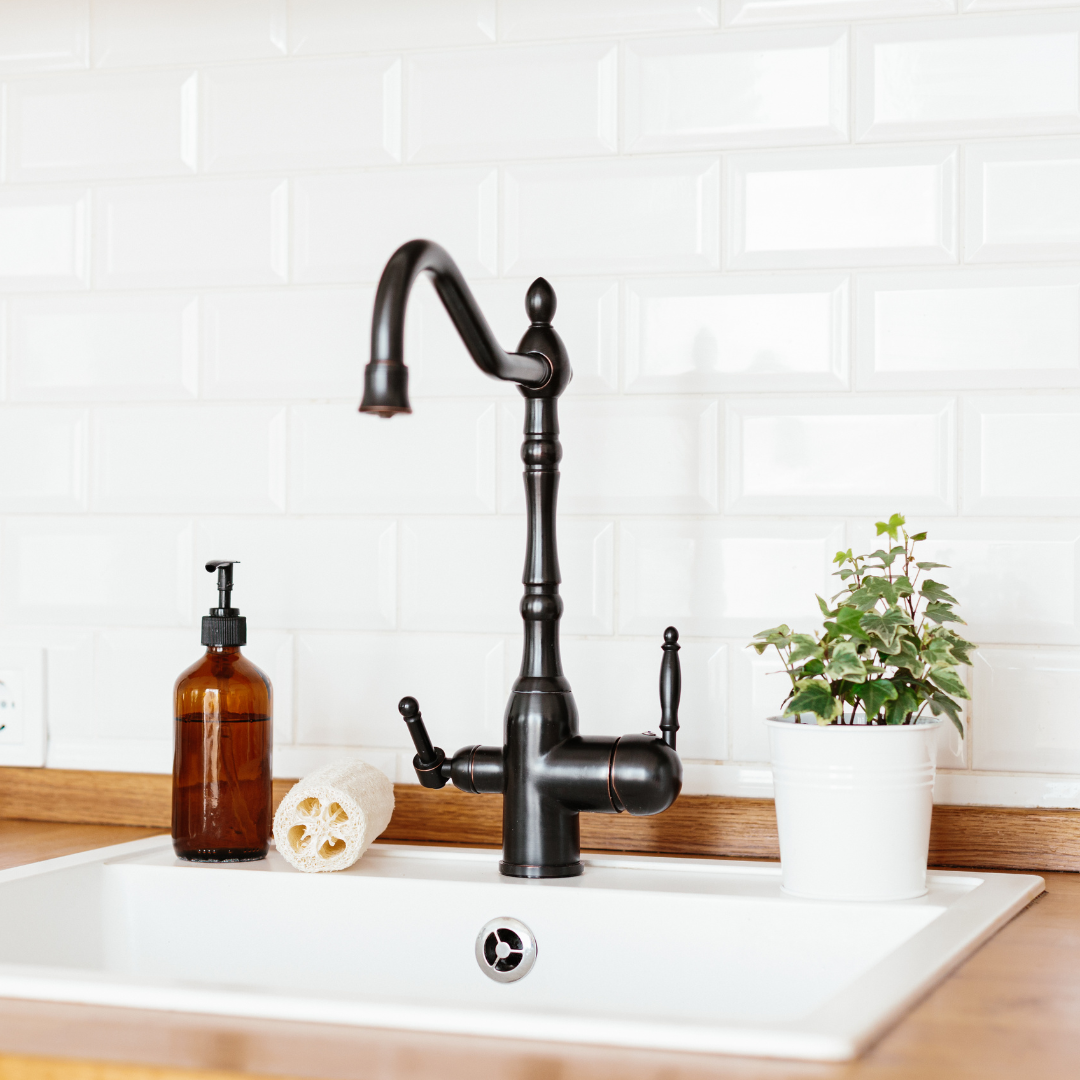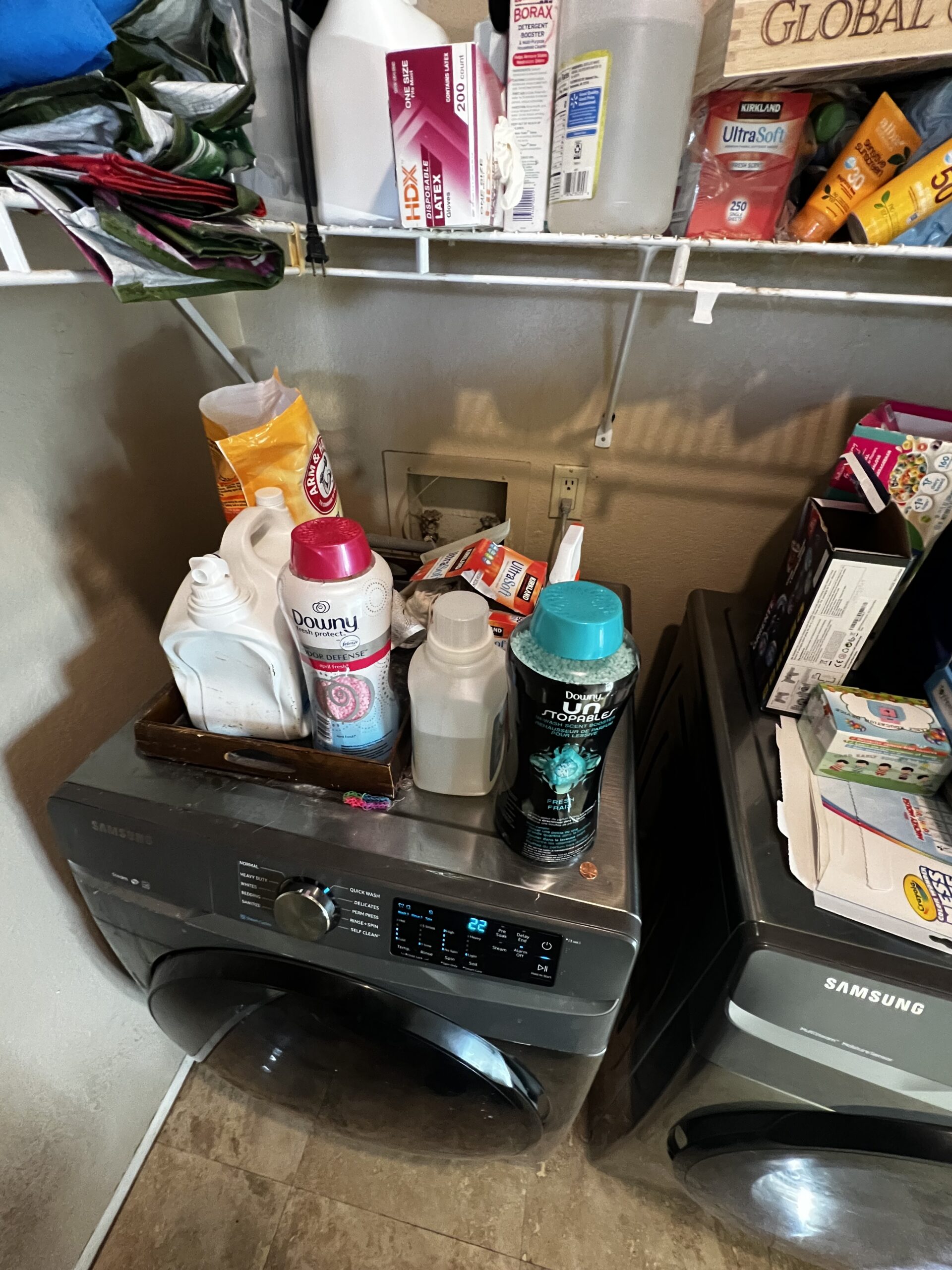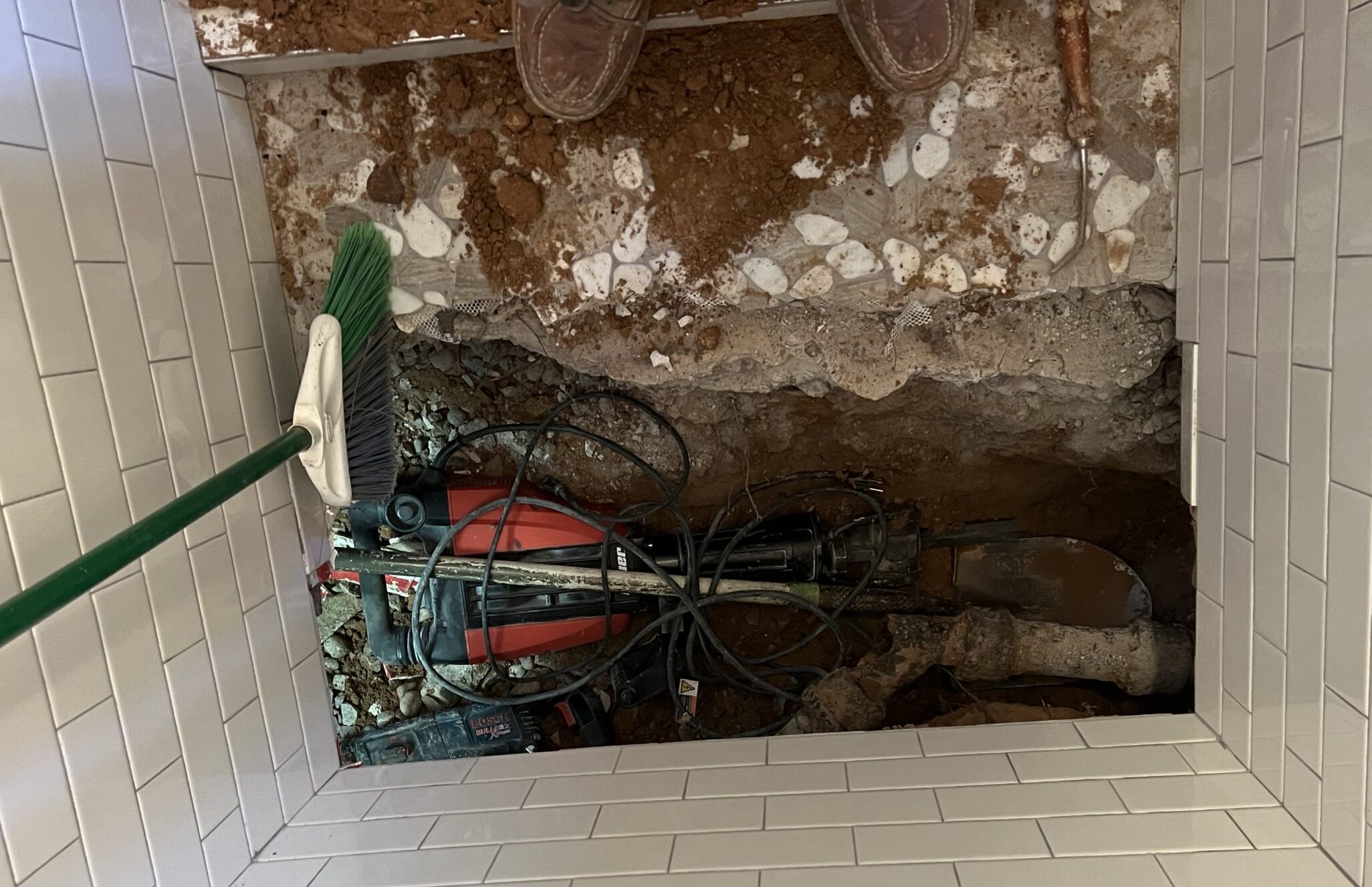Dealing with a malfunctioning water heater can be a cold splash of reality, especially when you’re looking forward to a warm shower. Before your water heater takes a complete dive, it usually sends out an SOS with several telltale signs. At Instant Plumbing and Rooter, we’re all about keeping you informed and ready to act when your water heater starts acting up. Let’s dive into the common symptoms of a water heater in distress and how you can address them.
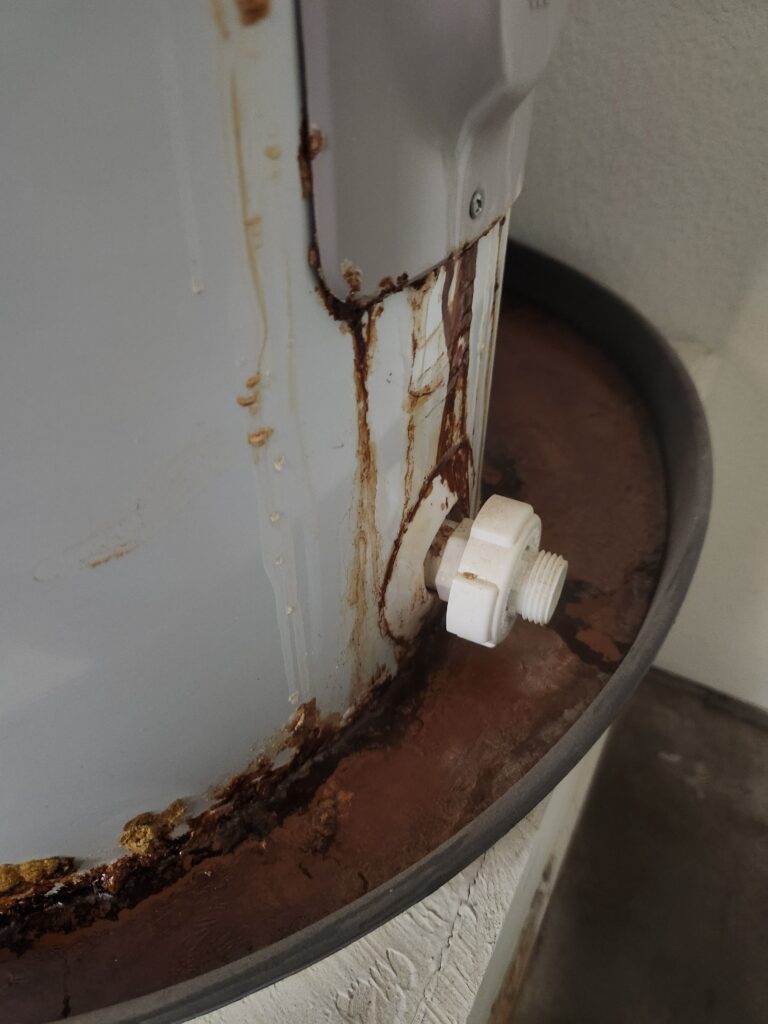
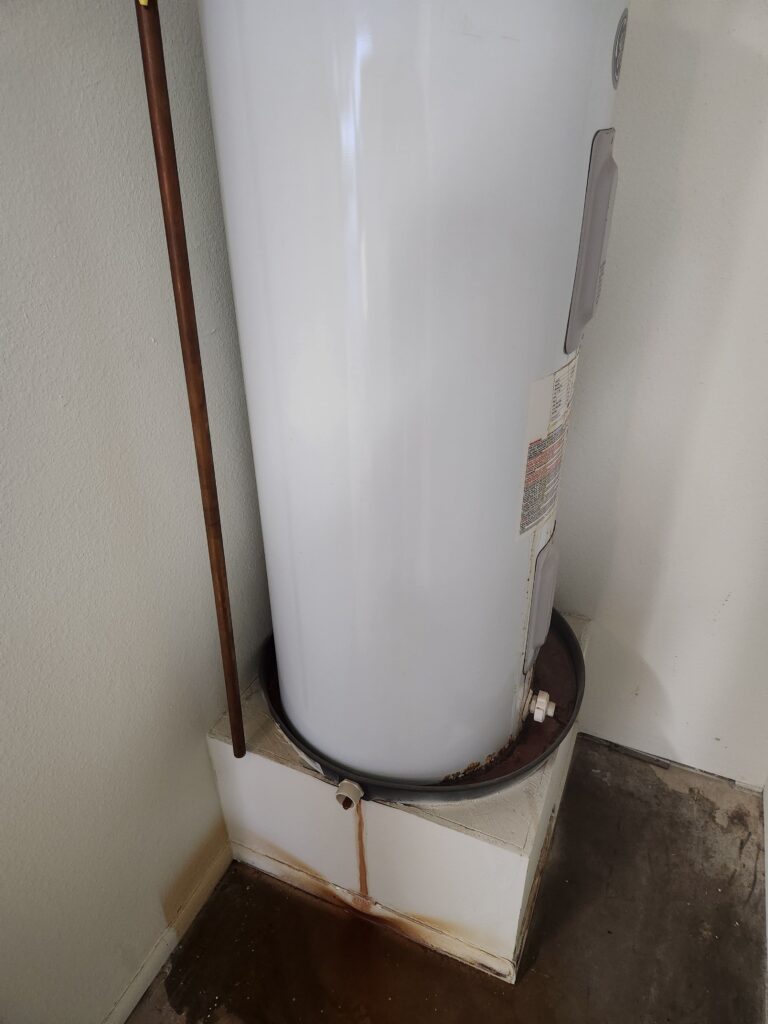

Common Signs Your Water Heater Needs Attention
- Leaking Storage Tank: Notice water around your water heater? This could be a sign of a leaking tank, a problem that often requires immediate attention.
- Surging Water Bills: If your water bill is climbing without increased usage, your water heater might be working overtime due to inefficiency or leaks.
- Noises from the Deep: Rumbling or banging sounds during operation are not part of a water heater’s natural soundtrack. This could indicate sediment buildup or other issues.
- Slow to Heat: Water taking its sweet time to heat up is a classic sign of a water heater struggling to perform.
- Weak Water Pressure: Poor water pressure, especially when using hot water, can point to sediment blockages in your water heater or pipes.
- Pilot Light Problems: For gas water heaters, a pilot light that won’t stay lit may signal issues with the thermocouple or gas supply.
- Rusty Water: If your hot water starts looking like it’s been on a dirt road adventure, corrosion inside your water heater could be the culprit.
- Clogged Drain Valves: Essential for routine maintenance, a clogged drain valve can complicate draining and flushing your water heater.
- No Hot Water: Perhaps the most obvious sign, a complete lack of hot water means it’s time to call in the pros.
- Intermittent Hot Water: Hot water that comes and goes can indicate a failing heating element or other internal issues.
At Instant Plumbing and Rooter, we understand the urgency of hot water heater troubles. Our team is equipped to handle a wide range of repairs swiftly and efficiently, ensuring you’re not left in the cold for long.
Frequently Asked Questions
Q: How often should I have my water heater serviced?
A: We recommend an annual inspection and maintenance to keep your water heater running smoothly and to catch any potential issues early.
Q: Can a leaking water heater be repaired, or does it need to be replaced?
A: It depends on the source of the leak. Some leaks can be repaired, but a leaking tank usually means the water heater needs to be replaced.
Q: What causes a water heater to make loud noises?
A: Loud noises are often caused by sediment buildup in the tank. Flushing the tank can help, but if the problem persists, it might be time for a repair or replacement.
Q: Why is my hot water rusty?
A: Rusty hot water is typically a sign of corrosion inside your water heater, which may mean it’s time for a replacement.
Q: Is it normal for my water heater to take a long time to reheat?
A: While some recovery time is normal, excessive delays in heating can indicate a problem with your water heater’s efficiency or capacity.
Remember, at the first sign of water heater problems, reach out to Instant Plumbing and Rooter. Our experienced team is ready to restore your hot water swiftly, ensuring you can get back to enjoying the comfort of your home without interruption.
